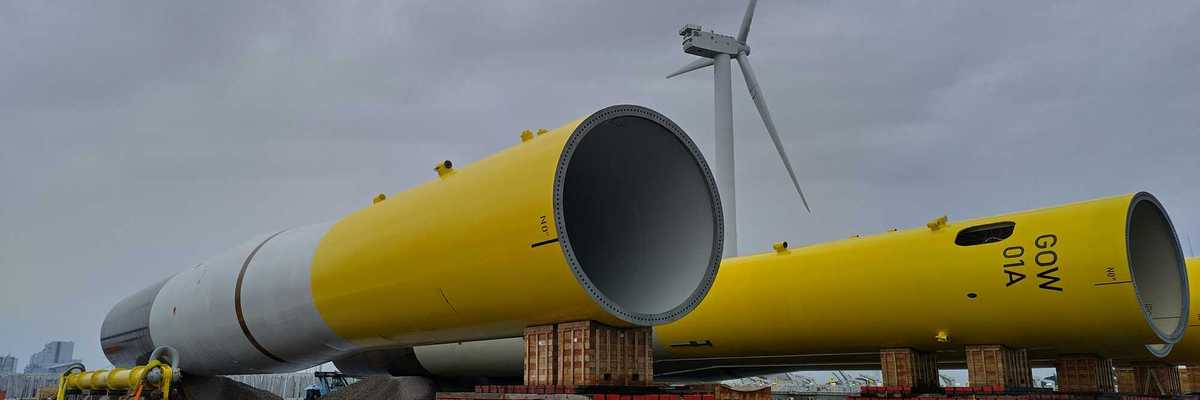livelihoods
Climate change report highlights impacts to Alaska infrastructure, security, health, livelihoods
Alaska is warming at two or three times the U.S. rate, with impacts ranging from individuals’ health and safety to the military security of the nation, according to a new federal report.
Is offshore wind harming the nation’s fisheries in the race for clean energy?
Offshore wind farms in the United States are facing opposition from commercial fishermen who fear that the construction and operation of wind farms could disrupt their livelihoods and harm marine ecosystems.
In a nutshell:
Fishermen are concerned that the siting of offshore wind farms in prime fishing areas, as well as the physical infrastructure of the farms, could drive away fish and marine mammals, and pose dangers to fishing vessels and gear. There is also criticism of the lack of thoroughness in vetting potential fishery conflicts by the federal agency responsible for siting offshore wind farms, the US Bureau of Ocean Energy Management.
Key quote:
“There are so many unknowns.” Many small-scale fishers are already feeling the brunt of rising costs amid increased industry speculation. “We’re holding on by a thread,” says Wesley Brighton, a fisherman based out of Martha’s Vineyard and New Bedford, Massachusetts, who fishes for scallops, squid, lobster, and crab.
Big picture:
Offshore wind farms are rapidly expanding in the United States as part of efforts to address climate change and increase renewable energy production. However, there are increasing concerns about the potential negative impacts on marine ecosystems and livelihoods. The outcome of the swift deployment of offshore wind remains to be seen, but it is evident that maintaining ongoing communication between fishermen and the offshore wind community is crucial for finding the best way forward.
Read the full Civil Eats story here.
The New World: Envisioning life after climate change
Oceans are warming faster than ever. Here’s what could come next
Lebanon's warming seas force fishermen and diners to change their habits
Tree-planting projects abound. Which should you support?
So you want to contribute to a mass tree planting campaign to combat climate change. Where can your money do the most good?
Climate change threatens livelihoods in Somalia
Somalia contributes less than 0.003 percent of greenhouse gas emissions into the atmosphere but the impact of global warming is evident in the Horn of Africa nation.









